Between the World and Me
Rewire
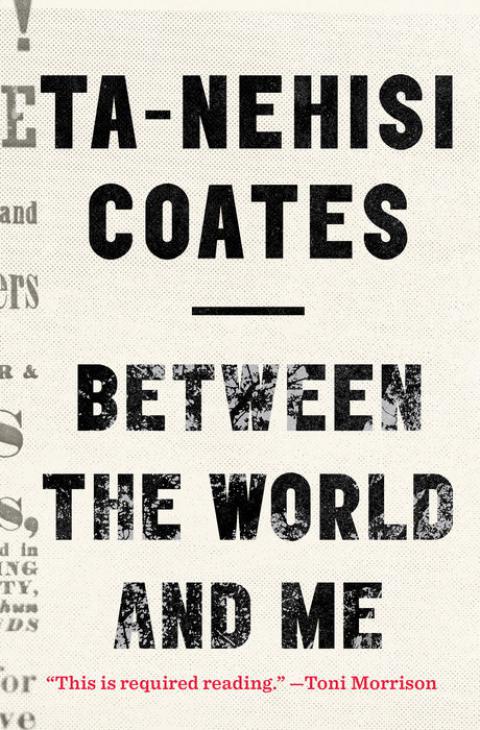
Ta Nehisi Coates is best known for his June, 2014 article in the Atlantic, "The Case for Reparations." Since then, he has emerged as one of today's most important commentators on racism and anti-racism. His new book has garnered both praise and push-back, placing it right at the center of our contemporary debates on the subject. Here, Josie Duffy calls it "an important book—perhaps the most important in a generation—on how race in this country functions."


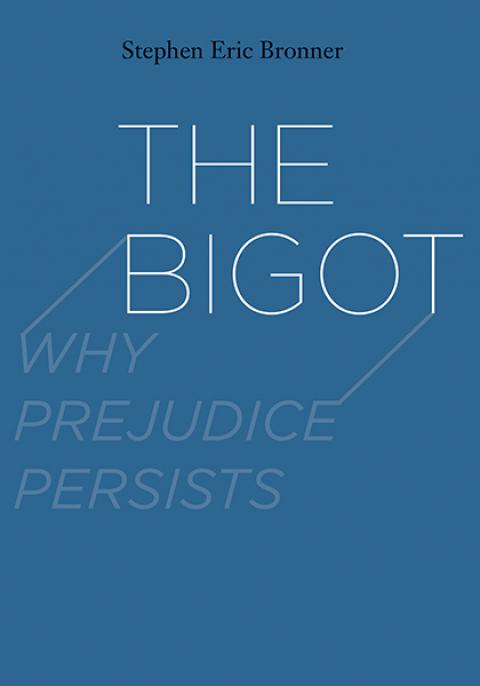
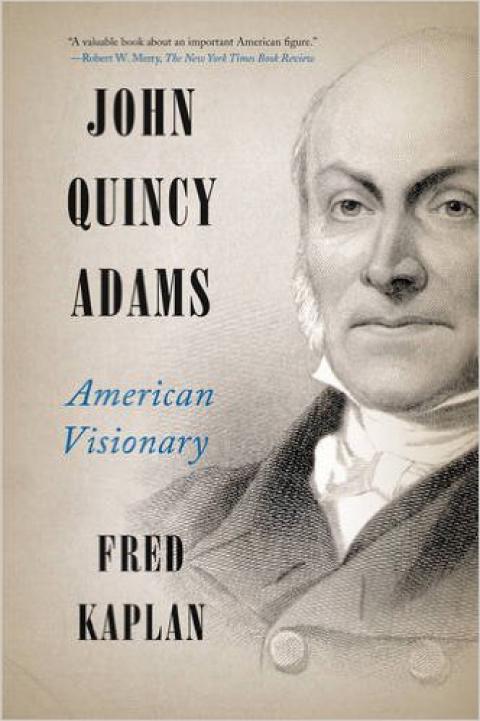


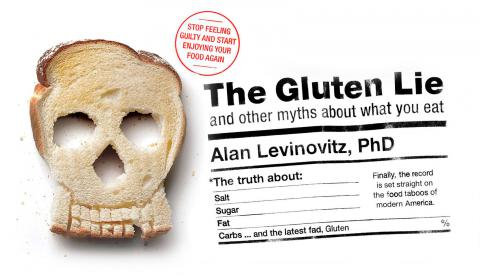
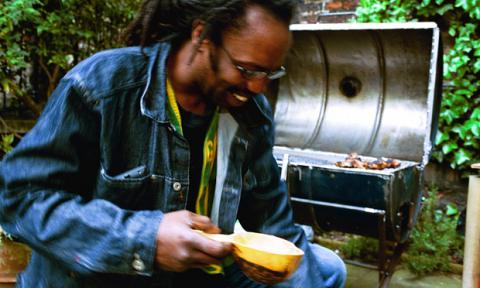
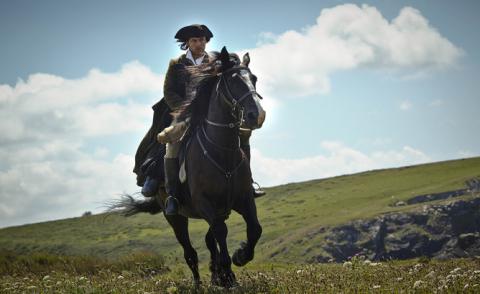
Spread the word